Virgil: Jeff Bezos Escalates His Fight Against Trump and the Saudis
Jeff Bezos is escalating his fight against whoever leaked his embarrassing texts and photos. His new targets include the Saudi government and the Trump White House.
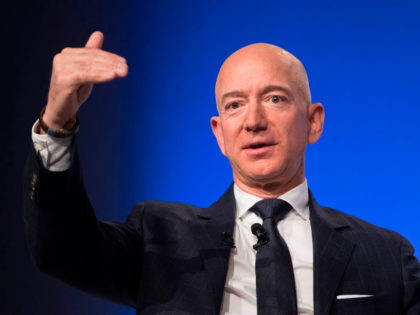
Jeff Bezos is escalating his fight against whoever leaked his embarrassing texts and photos. His new targets include the Saudi government and the Trump White House.

Sen. Elizabeth Warren (D-MA) might not be your favorite politician, but somebody likes her, that’s for sure. Or maybe she’s just lucky.
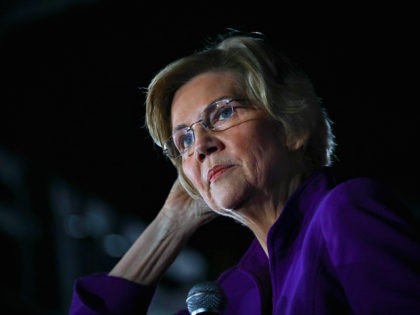
Jeff Bezos looks a lot like Ernst Blofeld, the fictional villain in several of the early James Bond movies. Is the resemblance just a coincidence? You decide.
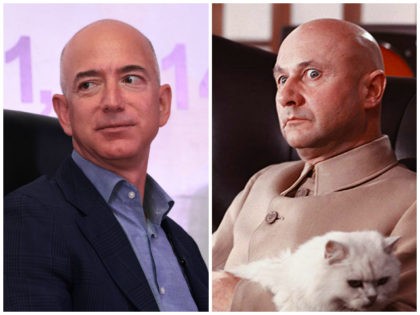
A February 27 article in Breitbart News, based on a scoop from Project Veritas, highlighted a new concept, courtesy of our friends at Facebook: The Troll Twilight Zone. (Cue up the eerie music.)
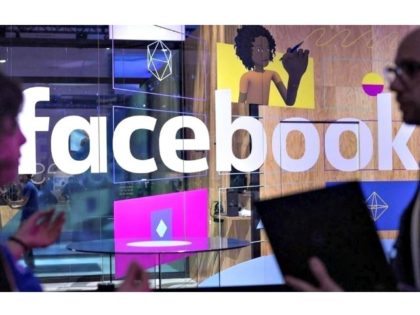
If we look at the countries that once possessed nukes, but no longer have them, we see a bitter lesson that you can bet Kim Jong Un has absorbed.
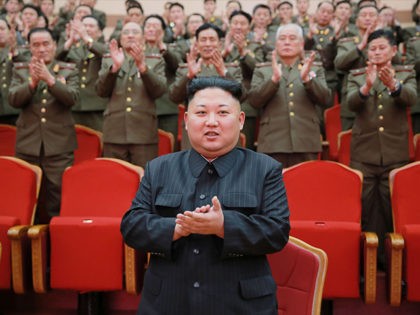
George H.W. Bush was gulled by a phony promise of bipartisanship, suckered into a disastrous tax deal, and ended up as a one-term president. President Trump should remember that it’s one thing to admire Bush 41, the man. It’s quite another to get sweet-talked into repeating his mistake.
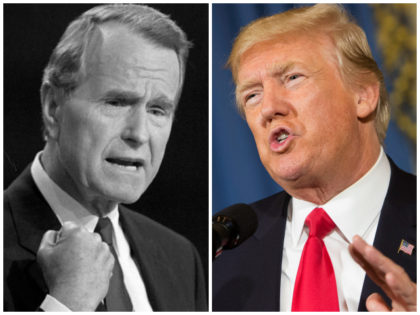
It’s important to understand that the fuel tax that is roiling France—anti-tax protestors being met by tear gas and water cannons in the heart of Paris—is exactly the sort of tax that the greens have in mind for America.
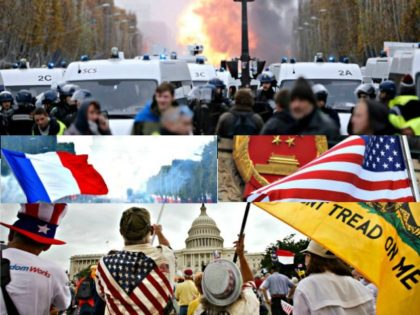
Amazon’s decision to locate its “Headquarters 2” in New York City and Washington, DC, is in keeping with a trend that sees the concentration of wealth and power in the biggest and most connected cities, which are all left-wing Democrat Party strongholds. The question is what can the rest of the country do to protect itself?

Even as Emmanuel Macron is zapping President Trump for being a nationalist, the French president will be pushing, in Trump’s absence, a whole new initiative built around—you guessed it—globalism. And guess who is funding Macron’s “Paris Peace Forum”?
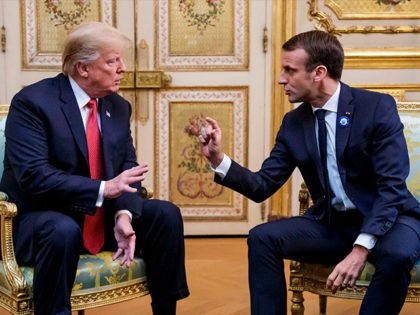
Three related American foreign-policy goals—security for Israel, peace in the Middle East, and a new Middle Eastern alliance against Iran—have just scored major breakthroughs. And if you haven’t heard about these successes, maybe that’s because the Main Stream Media are so busy attacking President Trump that they’ve lost interest in foreign reporting.

Nationalism and patriotism have been a part of our national conversation for more than two centuries, spanning the presidencies from Washington to Trump. Nationalism grows out of people’s natural desire to be in families, teams, and communities. Thus the nation-state is simply family, team, and community writ large.
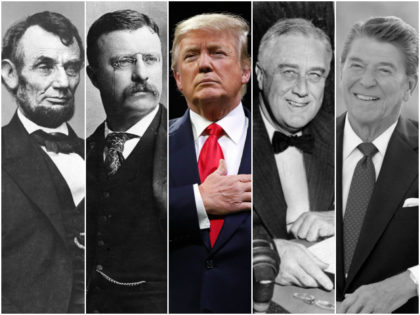
In the media-fanned frenzy over Khashoggi, Trump’s critics forget that the U.S.-Saudi relationship has always been based on the pragmatically realistic assessment that we have to deal with the Saudis as they are—including what they can offer us—and not as we might wish them to be.

Google is so large that it deserves to be its own “ism”–as in “Googleism”–right alongside globalism. Googleism vs. Americanism is that showdown is coming.
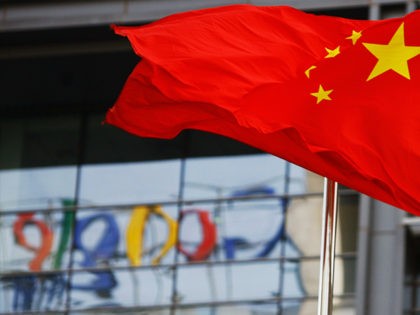
It’s a good thing that political “dark money” is being brought to light. Now let’s bring all political spending into the light, including the indirect spending that dwarfs what the Federal Election Commission tracks. Let’s consider five specific examples of “money in politics” that don’t fall under the purview of the FEC, and thus aren’t measured.
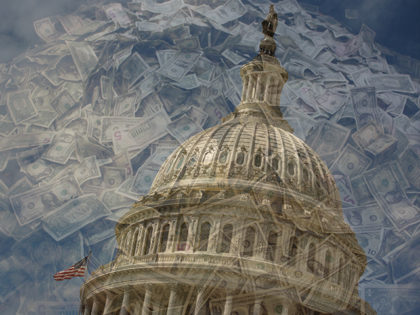
It seems that all we see and read about these days are accusations, investigations, confrontations—and, as Brett Kavanaugh put it, “character assassinations.”
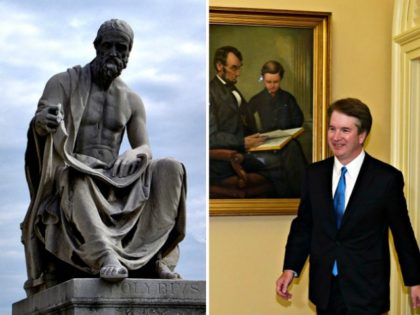
The Main Stream Media have given President Trump their best punch. Or, to be more precise, their best two punches. There have been plenty of other MSM sluggers, of course, and there’ll be plenty more, but for the moment, these are the best they’ve got.
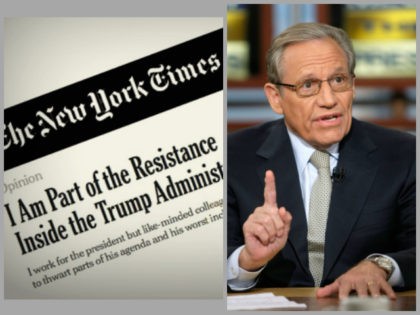
Amidst the hot lights and the hot rhetoric of the McCain funeral-turned-festival, the elites of the globalist war party know that this is their political twilight and that dusk is giving way to nightfall.
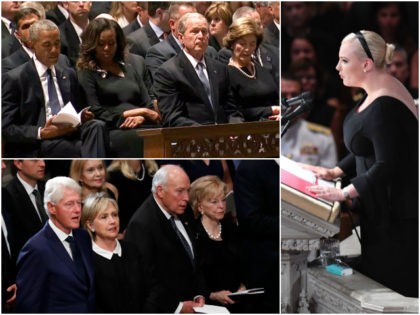
President Trump took to Twitter on Tuesday to denounce Silicon Valley’s continuing censorship of conservative thought and media.
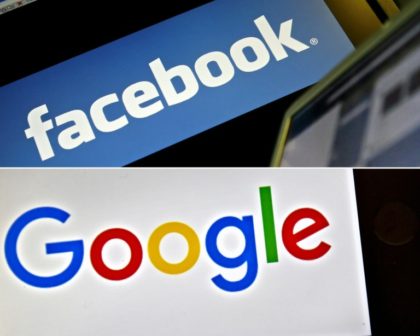
The following is a speculative “future history” of how online free speech was protected from the censorship of Big Tech progressives by the creation of a regulatory agency known as the Federal Platform Commission.
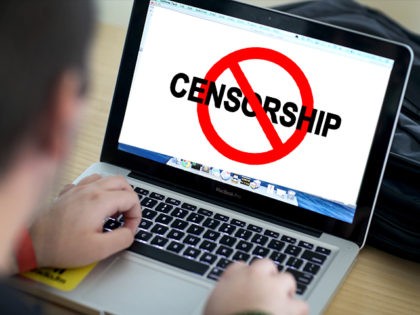
The headline in Axios on August 8 demanded attention: “Sputnik moment for U.S. military.” For his part, Virgil paid particularly close attention, since he published a piece with virtually the same headline, for Breitbart News, back on September 16, 2017: “The Threat from China — America’s New ‘Sputnik Moment.’”
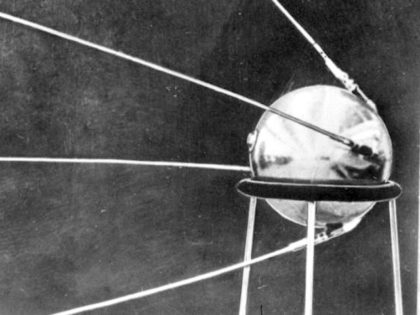
The basic rule of international power politics is simple: The stronger and more aggressive countries tend to dominate — that is, unless other countries can pull together an alliance to defend themselves.
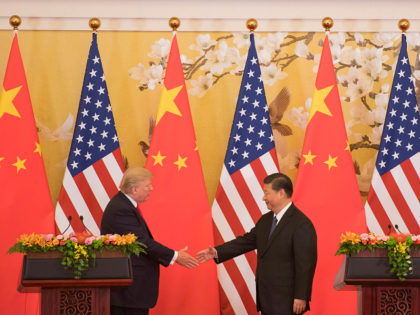
In Part One of this series, we saw how, back in 1941, President Franklin D. Roosevelt chose to look past the serious flaws in the Russian regime of Josef Stalin in order to isolate, and confront, the mortal threat from the German regime of Adolf Hitler.
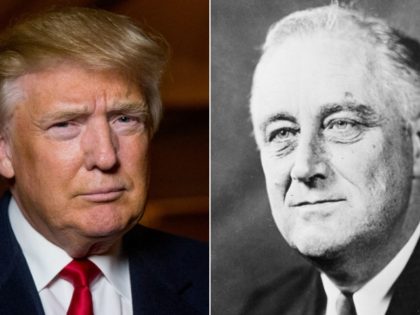
The Necessary Mission to Moscow: The President of the United States is under fire for being too close to Russia; he is now being attacked daily for being too helpful to that country in a time of crisis.
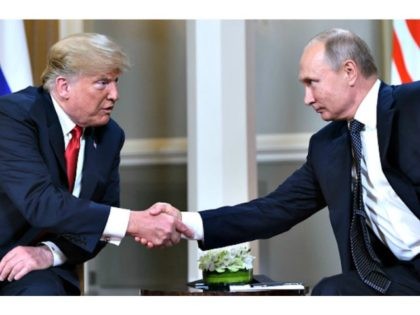
Every now and then, the leaders of the U.S. diplomatic apparatus actually do something that is in the interest of the U.S. The recent withdrawal of the U.S. from the United Nations Human Rights Council is a case in point.
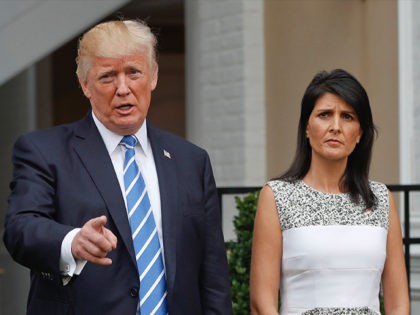
A recent tweet from President Trump’s prospective 2020 campaign manager, Brad Parscale, was about, of all things, the 5G wireless network. Yet while the tweet didn’t have anything to do with presidential politics, it did touch upon presidential policy — and the future of our country.

In the wake of his Singapore summit, President Trump is #Gaining in public opinion. For instance, a June 14 poll from Monmouth University offers Trump plenty of good news.
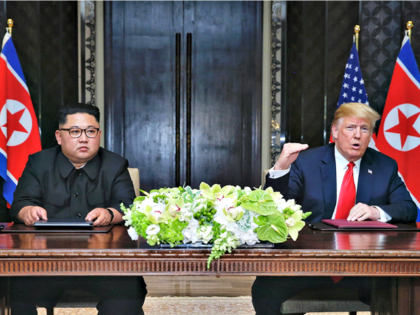
The only thing that’s sure about the shifting U.S.-China trade relationship is that it is shifting rapidly. However, underneath the shifts, there’s an unshifting reality: the economic and strategic threat from China. And the fate of a city in Brazil serves as a parable as to what could be looming.

A month after Mark Zuckerberg’s April 10 and 11 testimony on Capitol Hill, the chattering class seems to agree that he and Facebook dodged the political equivalent of the grim reaper. And yet the sharp scythe of history is still swinging, and Zuckerberg could still get sliced.
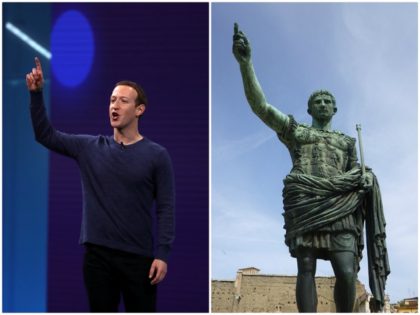
As he scans the news about tech abuses—from violating privacy, to manipulating the news, to mowing down pedestrians with driverless cars—Virgil is reminded that this year marks the 200th anniversary of the publication of Mary Shelley’s 1818 novel, Frankenstein.
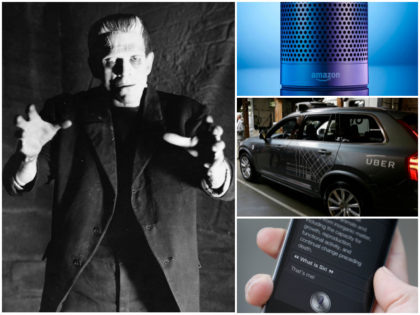
For all of us on the right, it should have been a lightbulb moment on Friday, when David Hogg, the 17-year-old student-turned-gun-control-activist, said to CNN’s Alisyn Camerota, “I think it’s great that corporate America is standing with me and the rest of my friends.”
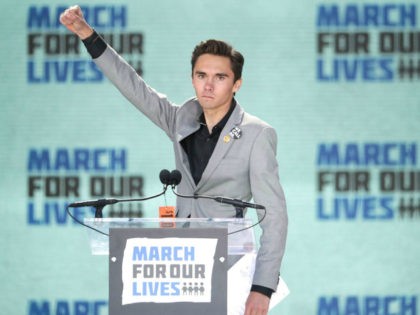
Theodore Roosevelt, our 26th president, left the White House in 1909, and yet his spirit — larger than life and larger, even, than death — is still with us.
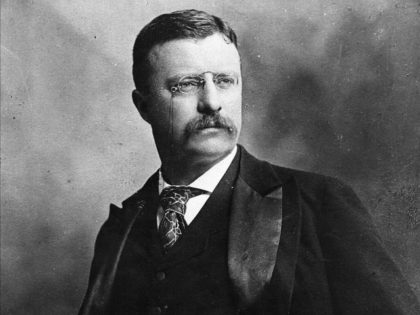
In 2016, we discovered that Big Tech was vulnerable — wide open, in fact — to political manipulators and hackers, both domestic and foreign. In 2017, we learned that Big Tech didn’t want to do much about the problem, even though the Techsters did wish to pursue their various lefty political agendas. And in 2018, we learned that Big Tech was finally willing to do something about its vulnerabilities — but only on its terms.
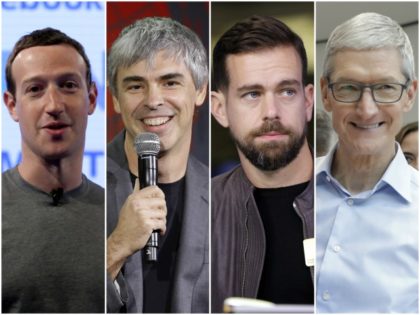
Not so long ago, most liberals were not fans of the Federal Bureau of Investigation, and yet now, they are quite—quite!—concerned about its wellbeing and good name.
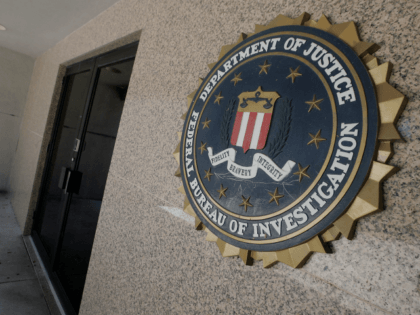
The headline in the November 19 Wall Street Journal put the matter plainly: There are “Two Americas.” One America that gains from globalization, and another much larger America that loses from globalization. And as we now know, this cleaving of the nation is not just a matter of economics, it’s also a matter of life and death.
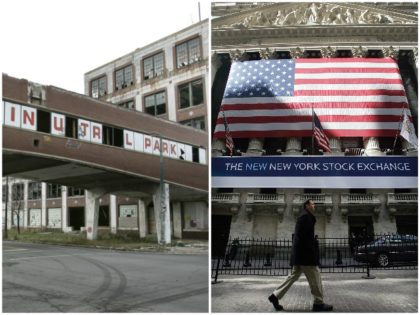
Mark Cuban is another brash billionaire with a popular reality-TV show, an active Twitter feed (7.6 million followers), a habit of giving punchy quotes to journalists, and, yes, national political ambitions. And now the anti-Trump billionaire has become an inadvertent ally of the Trump administration’s populist crusade by providing a roadmap for antitrust action against Silicon Valley.
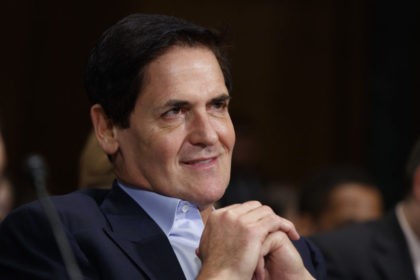
At some point, the American people are going to conclude, for the sake of their privacy and security, that we can’t let this much power be concentrated into the hands of a few arrogant, irresponsible, and, frankly, neglectful, individuals and their companies. This isn’t just corporate malfeasance causing harm to individuals; this is malfeasance that jeopardize our economic and even national security.
Yes, the Obamacare issue is ba-a-ack. Congressional Republicans could, in fact, be voting on the fate of the program — formally known as the Affordable Care Act — within days.
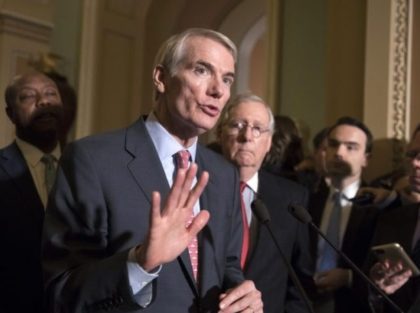
Over the last century or two, plenty of seers and scribblers told us that technological advances were a two-edged sword. For all the gains in our standard of living that inventions would bring, so, too, would come dangers—and maybe even more downsides than upsides.
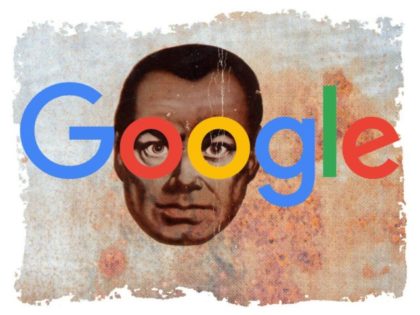
Why have activists on the right and left joined together to oppose the AT&T-Time Warner merger? After all, there have been plenty of big mergers in the last few decades, most of which have attracted little controversy. So what is it about this particular deal?
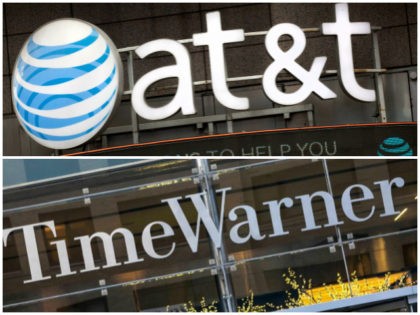
This is a rich country: In times of disaster, we can afford to take care of our own, while not sacrificing the working wages of our own—or the safety of all of us. That’s why we need the Jones Act.
